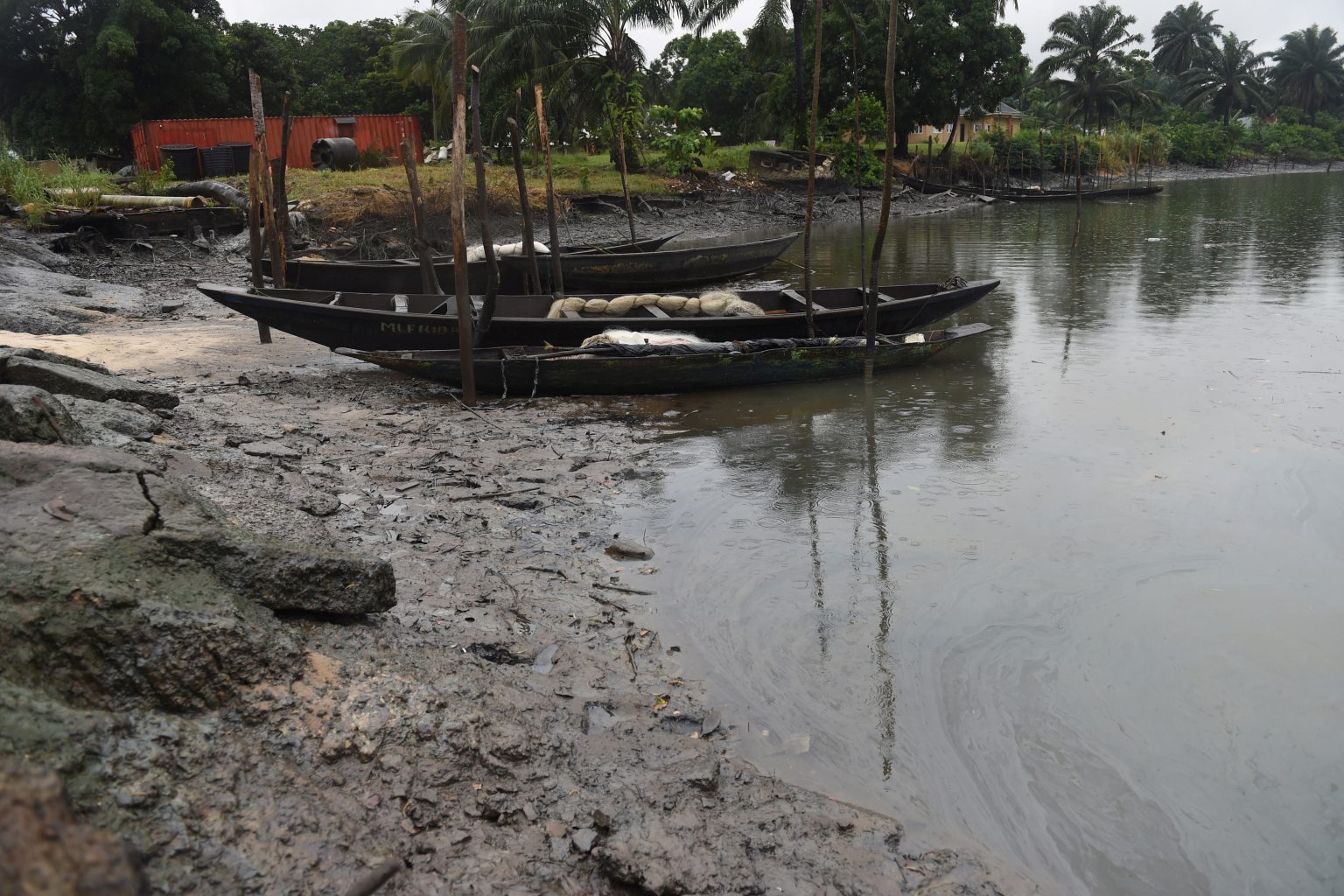The potential resumption of oil production in Ogoniland, Rivers State, Nigeria, after a 30-year hiatus, presents a complex challenge for President Bola Tinubu. While the economic benefits of renewed production are enticing, the historical context of environmental degradation, social injustice, and violent state repression demands a nuanced and sensitive approach. Dr. John Idamkue, an environmental public policy consultant and close associate of the late Ken Saro-Wiwa, has outlined four critical hurdles that President Tinubu must overcome to ensure a peaceful and equitable restart of oil operations in the region. These hurdles center around genuine engagement with the Ogoni people, addressing past injustices, and establishing a framework for future mitigation and compensation.
A key concern raised by Dr. Idamkue is the need for authentic representation of the Ogoni people in discussions regarding oil resumption. He criticizes the involvement of the Directorate of State Security in selecting the Ogoni delegation for previous meetings, arguing that genuine stakeholders should emerge organically from existing community structures and organizations. This underscores the importance of respecting the internal dynamics and established leadership within Ogoniland, rather than imposing external selections that may lack legitimacy in the eyes of the community. This participatory approach is crucial for building trust and ensuring that any agreements reached reflect the true desires and concerns of the Ogoni people.
Furthermore, Dr. Idamkue raises concerns about the involvement of the Office of the National Security Adviser in mediating discussions with the Ogoni people. Given the history of violence and repression against Ogoni activists, including the execution of Ken Saro-Wiwa and eight others in 1995, the presence of security agencies in these discussions carries a heavy symbolic weight. The legacy of state-sponsored violence creates a climate of distrust and fear, making genuine dialogue and reconciliation difficult. To foster a more conducive environment for negotiation, a neutral and trusted mediating body, independent of the security apparatus, may be necessary.
Beyond the procedural aspects of engagement, Dr. Idamkue emphasizes the imperative of addressing past wrongs. He draws a parallel to the 2010 BP oil spill in the Gulf of Mexico, where then-President Barack Obama took swift action to hold BP accountable and ensure compensation for victims. Dr. Idamkue calls for a similar proactive approach from President Tinubu, urging him to take the initiative in compensating victims of state repression in Ogoniland, including their families and heirs. This, he argues, should be a prerequisite for any discussion of oil resumption, demonstrating a commitment to justice and reconciliation before economic interests are pursued.
Central to Dr. Idamkue’s recommendations is the establishment of a “Ken Saro-Wiwa Mitigation Fund for Ogoni.” This fund would serve as a mechanism for providing compensation and support to those who suffered as a result of state repression in Ogoniland from 1992 to the present. This proposal aligns with the recommendations of the United Nations Fact-Finding Mission to Nigeria in 1996, which investigated human rights abuses in the region. The establishment of such a fund would not only provide material support to victims but also serve as a symbolic acknowledgement of past injustices and a commitment to a more equitable future.
The complexities surrounding oil production in Ogoniland necessitate a multi-faceted approach that prioritizes environmental protection, social justice, and genuine community engagement. President Tinubu’s recent gestures, such as the posthumous national honors conferred upon the Ogoni 9 and the promise of a presidential pardon, are positive steps. However, these symbolic actions must be followed by concrete measures that address the underlying issues of mistrust and historical grievances. By prioritizing genuine dialogue with authentic representatives of the Ogoni people, addressing past injustices through compensation and mitigation efforts, and establishing a framework for equitable resource management, President Tinubu can pave the way for a peaceful and sustainable resumption of oil production in Ogoniland, one that respects the rights and aspirations of the Ogoni people while also contributing to the nation’s economic development. Ignoring these crucial steps risks exacerbating existing tensions and hindering the potential for a mutually beneficial outcome.
The successful resumption of oil production in Ogoniland hinges on President Tinubu’s willingness to engage in a genuine process of reconciliation and redress. This involves not only acknowledging past wrongs but also taking concrete steps to repair the damage done to the environment and the social fabric of the community. By prioritizing the needs and concerns of the Ogoni people, President Tinubu can demonstrate a commitment to justice and create a foundation for a more equitable and sustainable future for the region. This approach not only benefits the Ogoni people but also strengthens Nigeria’s democratic institutions and promotes national unity. The path forward requires sensitivity, transparency, and a genuine commitment to addressing the historical injustices that have plagued Ogoniland for decades.


